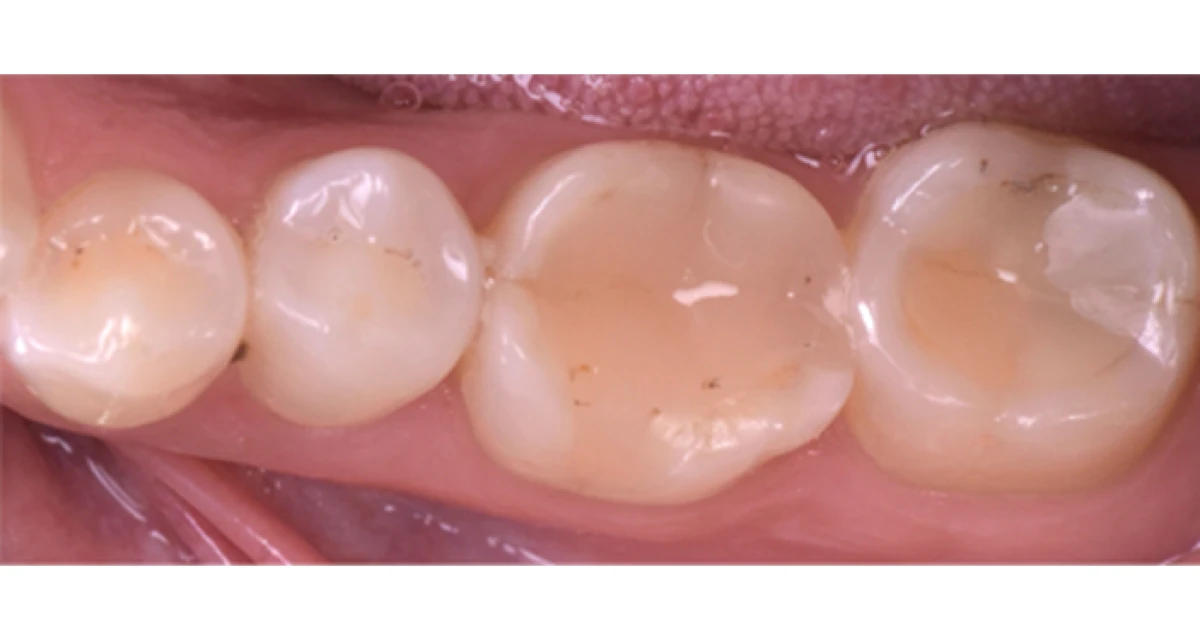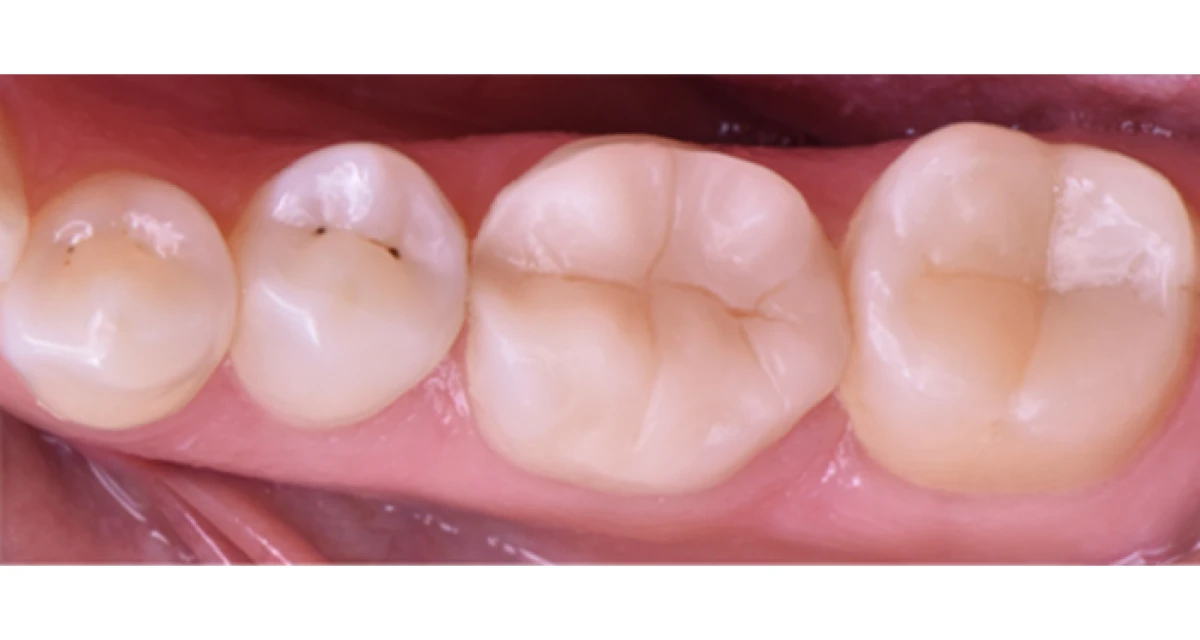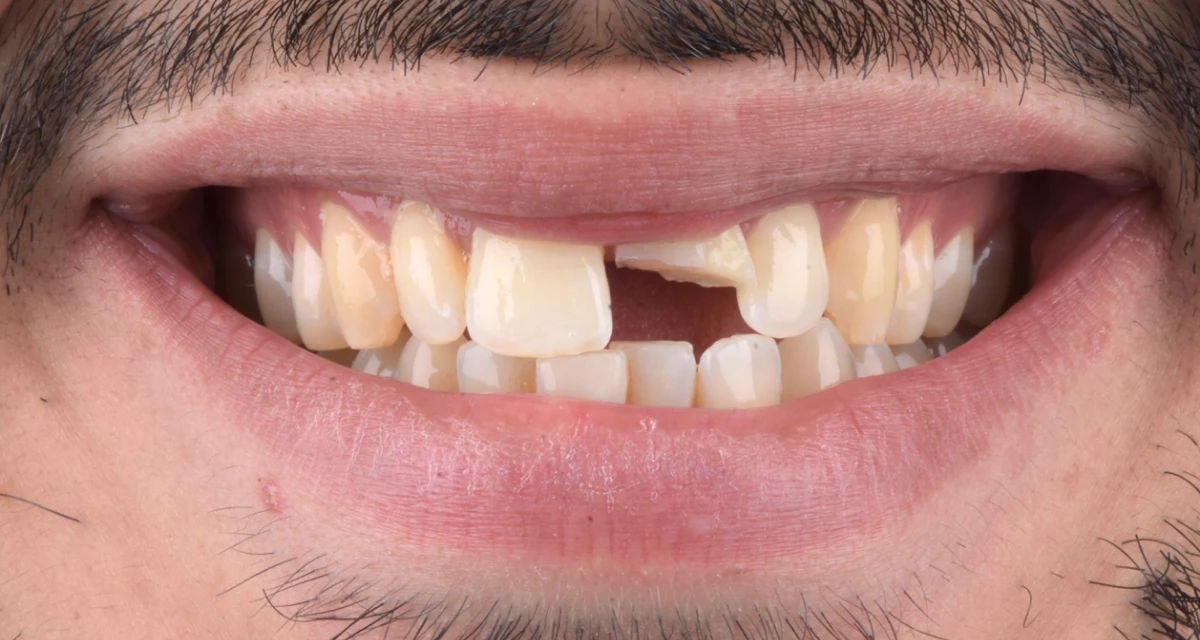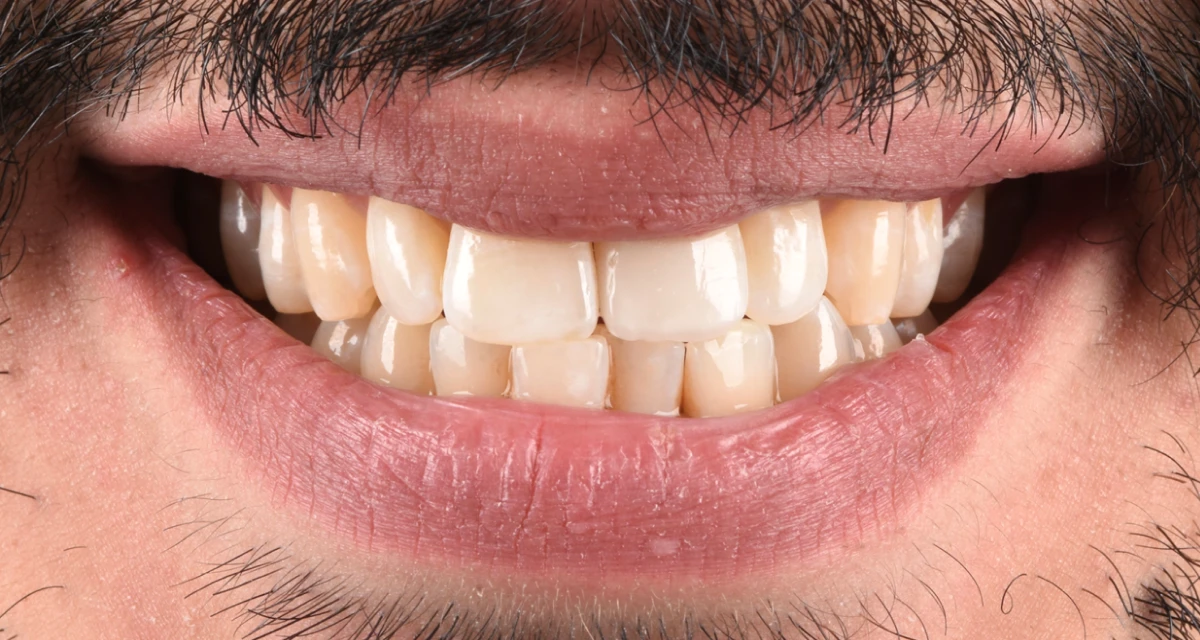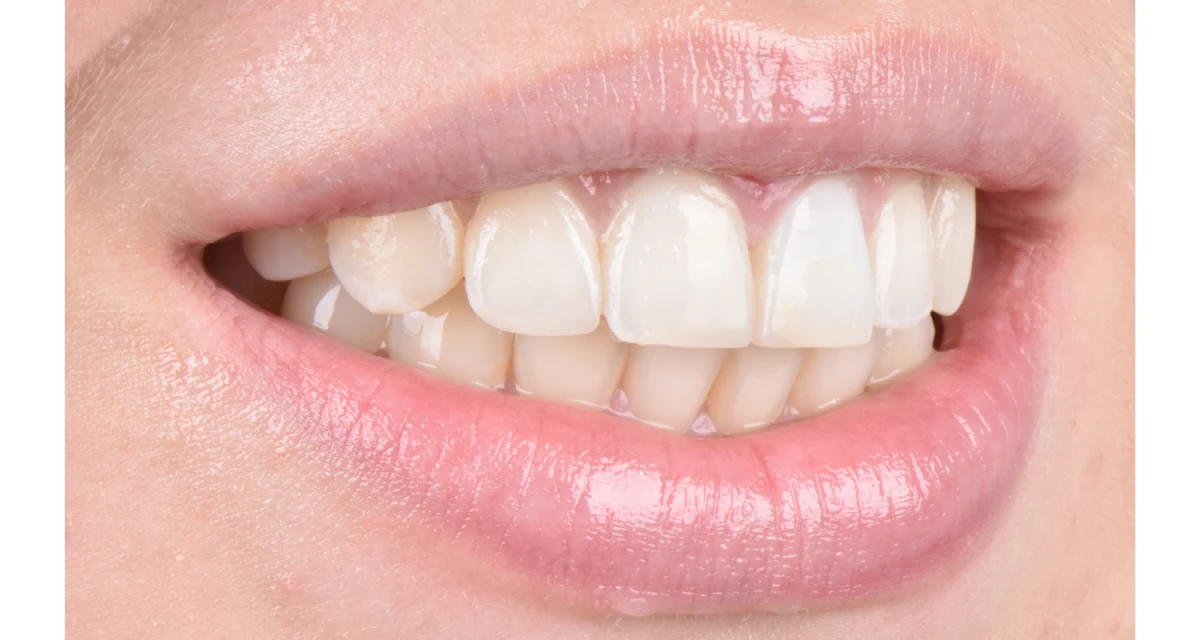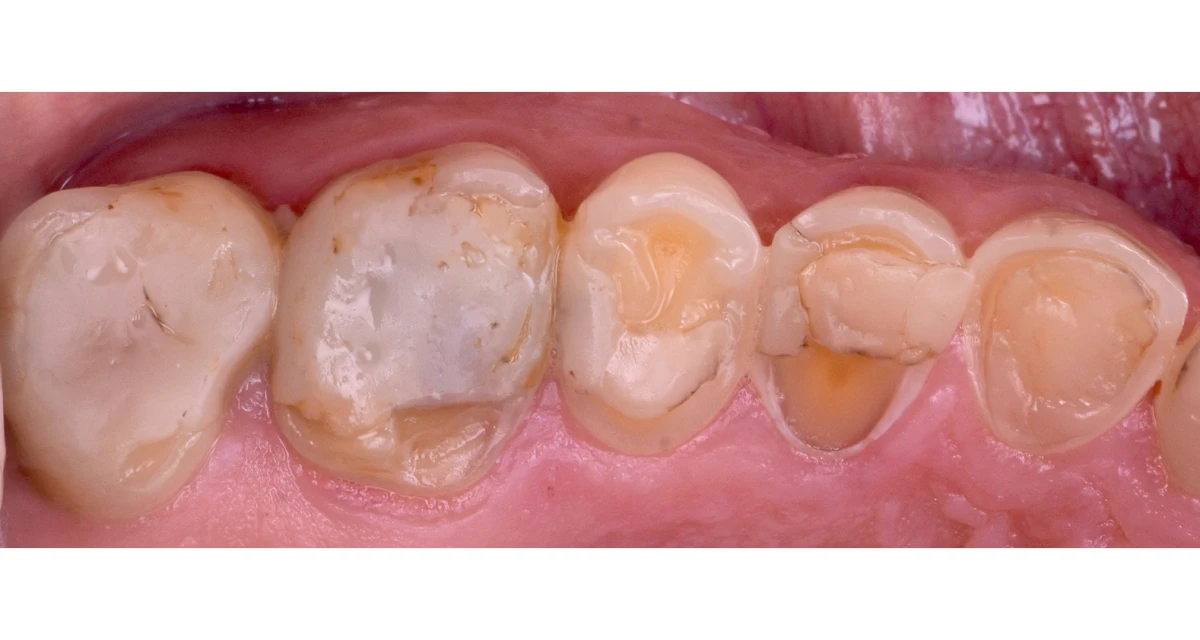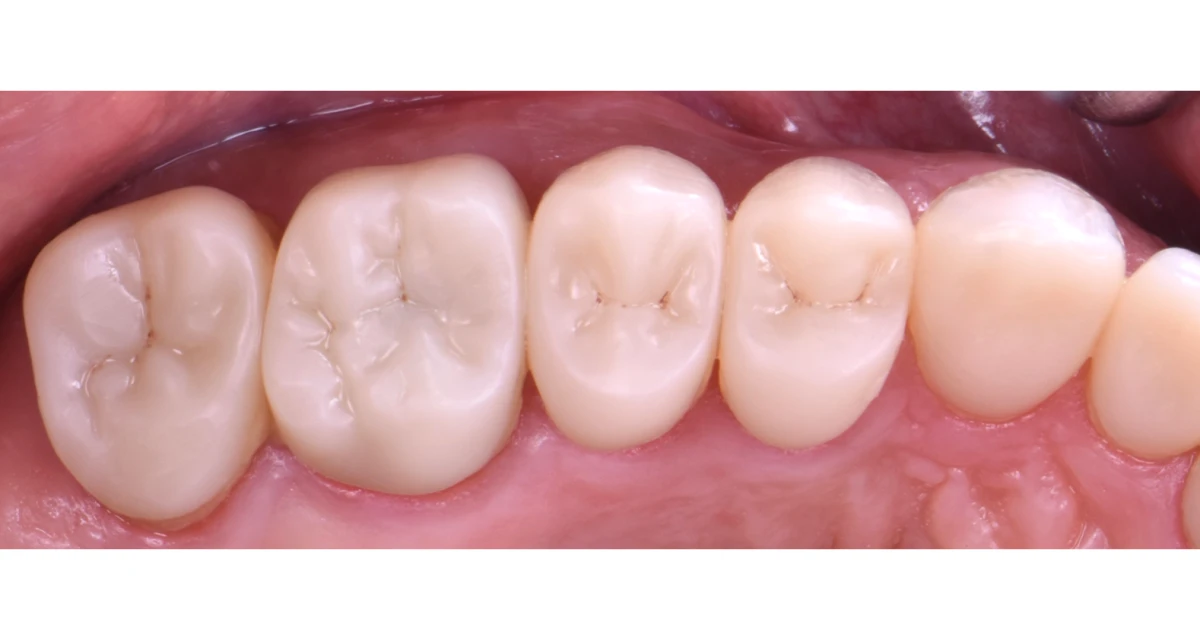Direct and indirect aesthetic restorations
Aesthetic restorative dentistry is today part of a logic of minimally invasive care. The objective is to restore the dental organ while respecting the principles of tissue preservation. It has evolved to arrive today, thanks to increasingly efficient materials and the contribution of bonding, a technique of choice in the therapeutic arsenal of the dentist at the service of his patients.
Maintaining or restoring a harmonious smile is an ongoing concern in the practice of the practitioner. Many treatment proposals are developing and can now be offered to the patient.
Direct aesthetic restoration
When carious damage is not too severe, the composite resin filling is used to repair a tooth affected by tooth decay, crack or fracture. The carious lesion is thoroughly cleaned and prepared before receiving the new filling. The composite resin filling will then be performed under surgical fields to protect your tooth from the salivary medium and then it will be precisely inserted modeled and polished to restore the shape and function of your tooth.
Made by Dr. Clarisse Bonnet
Made by Dr. Clarisse Bonnet
Made by Dr. Clarisse Bonnet
Indirect aesthetic restoration
Inlays or onlays (depending on the extent of the loss of dental substance) are ceramic pieces made directly by the laboratory.
They are an alternative to large-volume fillings and help avoid invasive tooth preparation. An inlay/onlay is made in two stages.
After preparing the cavity, an impression is made to transmit the work to the prosthetist.
In a second time, we will proceed to the gluing of the part, always under operating fields to ensure a seal in time.
Made by Dr. Clarisse Bonnet

.png)
